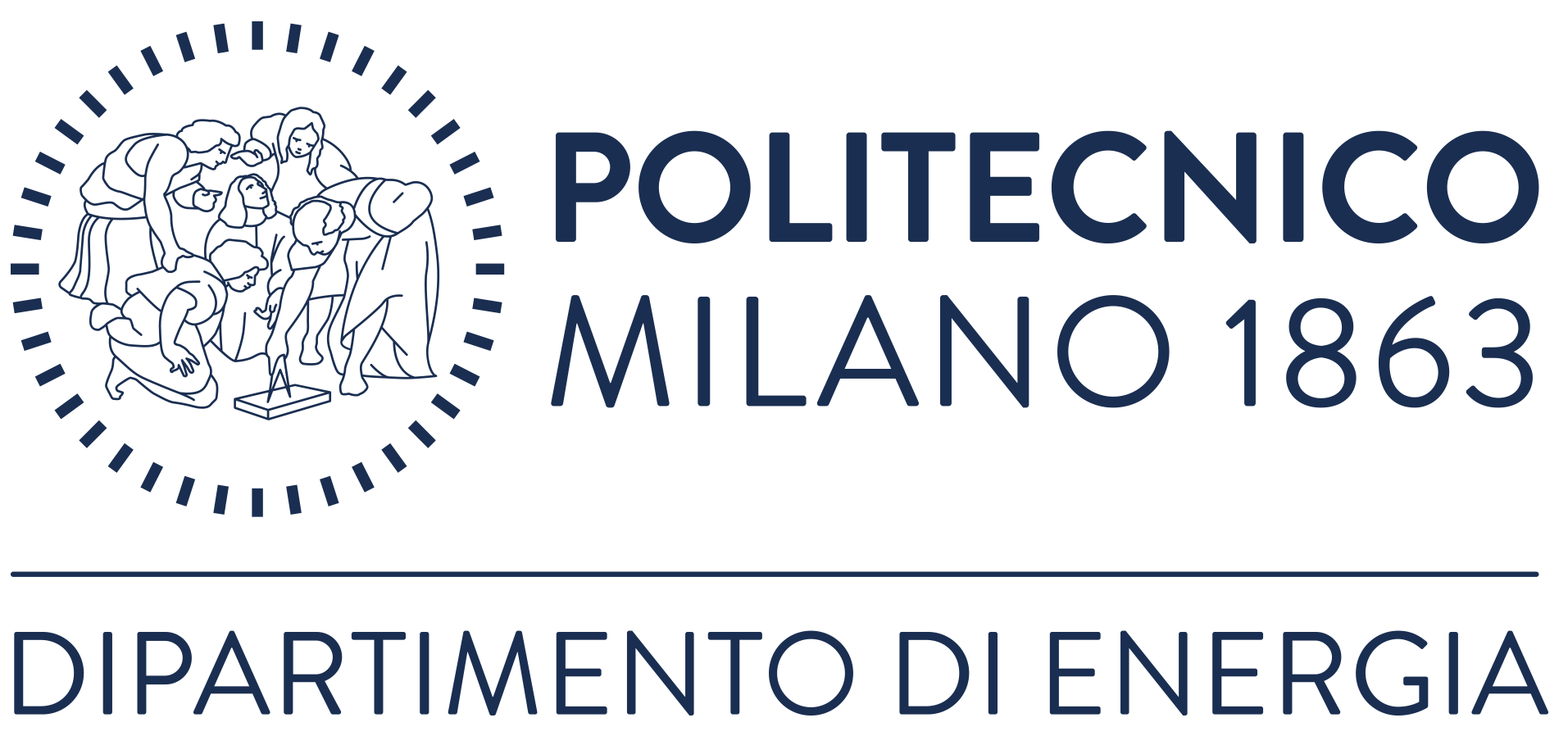PERIOD AND LOCATION
The course is held from 06/11/2023 to 08/11/2023 from 9.30 to 18.00 (CET). It will be held in hybrid setting (both physical and virtual attendance is allowed) at the Department of Energy – Politecnico di Milano, Campus Bovisa – La Masa, 20156, Milano.
COURSE PARTICIPANTS
The course is mainly dedicated to risk analysts and engineers, resilience engineers, technical designers of industrial plants, safety and maintenance managers, asset managers, technicians and operators of surveillance, protection and control of the safety of a facility, researchers and PhD students in the area of Reliability Analysis and Risk Assessment.
MISSION AND GOAL
Systems are increasingly exposed to hazards of disruptive events, such as unexpected system failures, climate change and natural disasters, and malicious terrorism attacks.
In practice, risk assessment is applied to inform risk management on how to protect from the potential losses caused by the disruptive events. The focus is on the accident scenarios, their possible consequences and likelihoods, and the uncertainties therein. The post-accident recovery process is not considered. Yet, given that the sources of hazard leading to disruptive events are extremely uncertain and, thus, difficult to describe and model quantitatively, and that the systems are highly connected to each other so that the impact of the disruption extends beyond the boundary of the individual systems, an extension of the framework of assessment is necessary, calling for an integrated risk and resilience assessment framework that incorporates aspects beyond those of prevention, typical of risk assessment, in order to allow accounting for pre- and post-accident scenarios analysis.
In this sense, the course intends to present the methodologies that allow the integrated assessment of risk and resilience. In particular, the course intends to offer adequate technical-scientific knowledge on advanced risk and resilience assessment methods and provide the most recent methodological tools for their rigorous treatment.
TRAINING FORMAT
Lectures will be held in English. All participants will receive a complete set of the presentation slides with specific examples and case studies, selected reference lists and resources in electronic format. The first part of the course is devoted to the presentation of the classical Monte Carlo simulation methods for risk and resilience assessment and management, and advanced concepts on uncertainty (probabilistic, fuzzy, interval) and sensitivity analysis (variance- and distribution-based). In the second part of the course, advanced methods for risk and resilience assessment will be illustrated, including Bayesian Networks and Dynamic Bayesian Networks, Artificial intelligence and Evolutionary algorithms, complex systems and Human factors modelling. Hands-on sessions provide the participants with the opportunity of directly applying the methods to practical case studies (some of these will be held using MATLAB). Finally, in the last part of the course, participants will also be given the opportunity to discuss their experience and technical problems, related to methods and applications.
CONTENTS
Monte Carlo simulation and Bayesian Networks (basic, multi-state and dynamic) for risk and resilience assessment and management; Uncertainty and sensitivity analysis; Resilience optimization; Artificial intelligence for risk and resilience assessment and management.
Hands-on:
Monte Carlo simulation, sensitivity analysis, Bayesian Networks.
Round-table:
Presentation and discussion of Case Studies, Researches, Experiences.
CERTIFICATE OF ATTENDANCE
At the end of the course, the participants will receive a certificate of attendance, provided that they have attended at least 80% of the course lectures.

